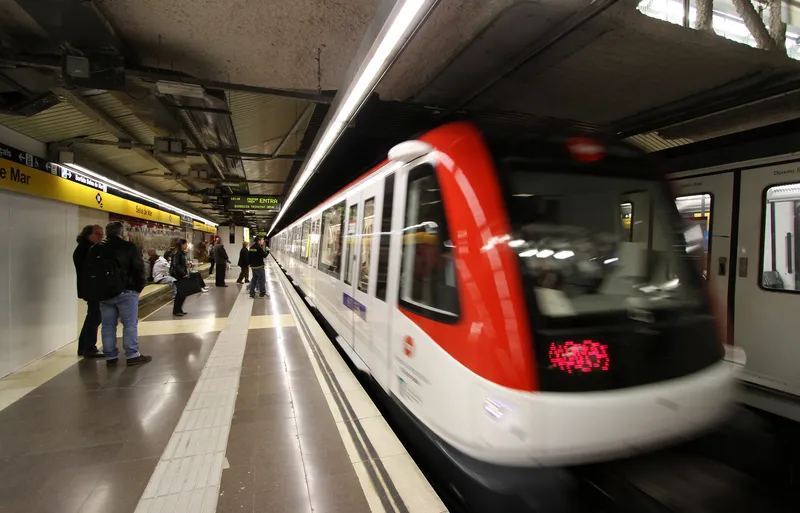
Labour shortages have been identified as one of the most pressing issues for mass transit in a session at the UITP Global Public Transport Summit in Barcelona, Spain.
UITP President Khalid Alhogail says: “We can buy buses, we can buy trains, we can’t buy employees. Before the pandemic, we talked about automation and replacing workers. We scared off workers to more secure jobs. We have to be more attractive.”
There is also a need to attracting riders, making public transport a more appealing option than private cars.
More informative messaging would help, delegates said, although overcrowding might also be an issue. One CEO says: “The difference between the train and the car is that on a train you can use your hands. But if you need to stand, that’s not true anymore.”
There was also a need for the public transport sector to build solid relationships with decision makers and politicians, the session heard.
The comments came as CEOs from the global public transport industry worldwide "unanimously endorsed" the UITP Barcelona Declaration.
In a statement, the public transport organisation says: "The Declaration serves as a testament to the undeniable and indispensable role of public transport in our daily lives, benefiting everyone, everywhere. It plays an intrinsic role in facilitating movement, fostering employment, supporting cities and economies, preserving the environment, promoting good health, and much more."
UITP Secretary General Mohamed Mezghani adds: "The response to the Barcelona Declaration is truly uplifting. Considering the multitude of challenges our sector has confronted in recent years, such as pandemic recovery, climate events, soaring energy costs, and labour shortages, witnessing the unwavering commitment from our industry’s trailblazers is inspiring.”










